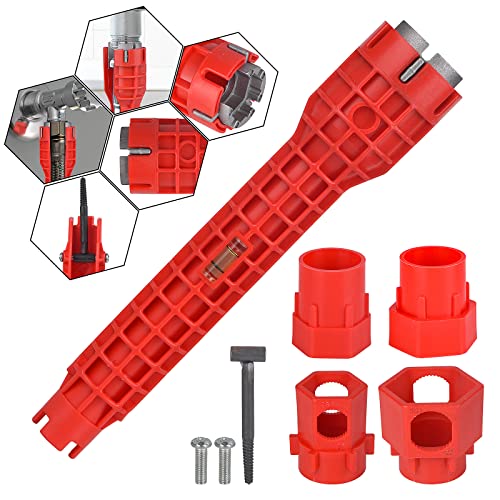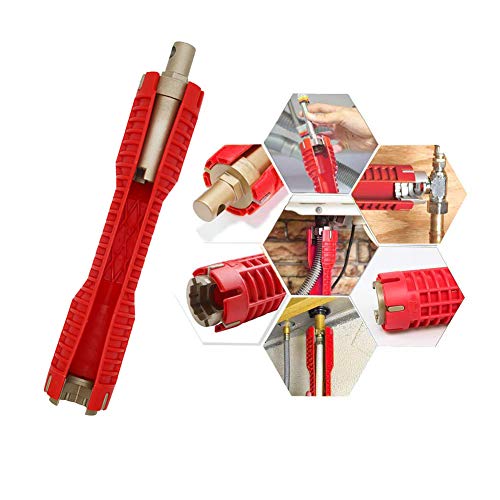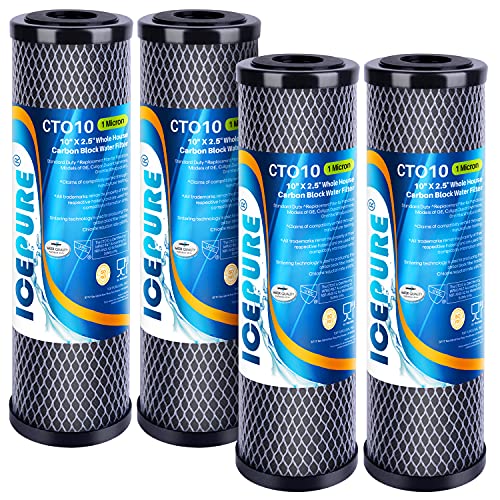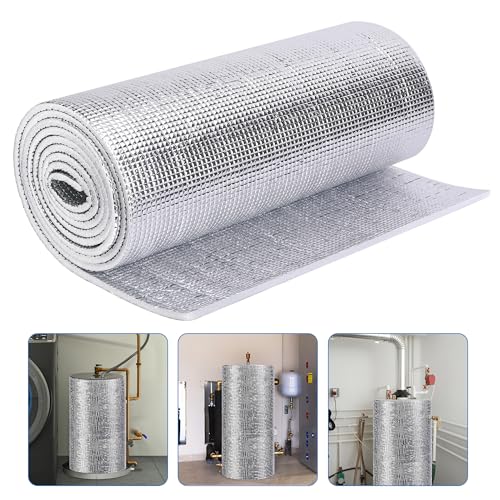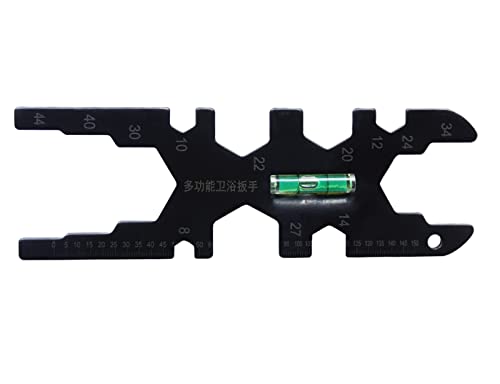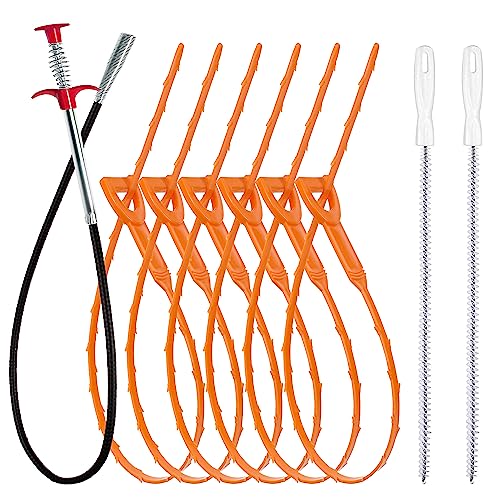i have very hard water 20+ gpg. Been using a softener for 10 years. It loud and I am tired of buying salt ... now i need to replace the resin and service the seals and orings in the softner too and that will cost me 300 bucks. Im thinking of bypassing the softener for good instead.
is that a poor idea?
i would like to hear from anyone with experience with hard water and what issues will i encounter if i get rid of my softener forever.
Thx for the warnings but im still questioning on how this decision would adversely effect me.
I dont really care about water stains on dishes and i dont see how showering will be so bad with hard water. So my concern is only about the copper plumbing system, the gas water heater and maybe the washing macine/dishwasher.
As it stands, new softener or not, hard water still comes into the house thru my copper pipes and goes thru ball valves including the main shut off and utility meter. I have never seen an issue in that regards. I also have hard water at outside hose bids and they too look uneffected.
Not sure what to think about the washing macine/ dishwasher but in regards to the gas water heater....
I can see how the heating elements of an electric heater might be effected but with a gas heater, wouldnt periodic draining take care of sediment? Other than that what is the issue here?
Theres lots of doom and gloom on the internet about this and lots comw from the water treatment businesses who sell the equipment... i would like to hear from the people that live in the hard water areas that dont use a softener.... surely not everyone has one in these areas, i cant imagine millions are in peril because of this... anyone care to play devils advocate?
I live in an area that has any where from 18-26ppm hard water. So I know you pian and i get the hassle of a softener. Hard water is terrible on every appliance dishwashers, water heaters, shower valves, faucet cartridges, and for our bodies, dry skin, and flaky hair. As for your water heater once the hard water eates away yoru anode rod it will start to attack your tank. That rod the manufacturer installs last just long enough past your warrenty (usally not that long people just dont check it until the leak apears). And yea sure you can do the recommened and drain your water heater at least once a month but then is that easier then adding a few bags of salt a month idk for you toi decide. But they are other applications then a wasteful softener such as the sonic wave technology, it has came along way. Since you already have copper in the home you basically wrap a coil of wire on a strecth of about 2-3ft of copper closest to wher it comes into the home and plug it in. Valla you have the hard water partials broke down, now is it as effective as a softener, probably not but it will take care of most of it and you want have to hassle anymore. I think you can get them for around $100 give or take maybe $150. Install yourself. I would stilll take your water heater every 6 months to verify. They also make a power anode rod that is the "cats meow". They make your water heater last 10 years longer or more. Hope that helps.







